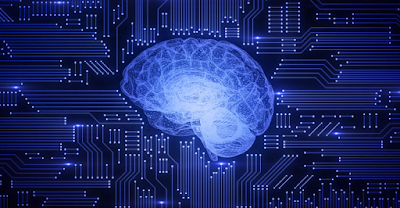And the LORD God formed man of the dust of the ground,
and breathed into his nostrils the breath of life;
and man became a living soul.
Genesis 2:7
"Despite the success of neuroscience in establishing a wide range of correlations between brain processes and conscious experience, there is at least one question about the relationship between the brain and consciousness that continues to appear unanswerable, even in principle.
The problem is that there could conceivably be brains that perform all the same sensory and decision-making functions as ours but in which there is no conscious experience.
---brains that can discriminate between wavelengths of light but that don’t see red or yellow or blue or any other color,
---brains that direct their bodies to eat certain foods but that don’t taste them.
and breathed into his nostrils the breath of life;
and man became a living soul.
Genesis 2:7
"Despite the success of neuroscience in establishing a wide range of correlations between brain processes and conscious experience, there is at least one question about the relationship between the brain and consciousness that continues to appear unanswerable, even in principle.
This is the question of
why we have conscious experience at all.
The problem is that there could conceivably be brains that perform all the same sensory and decision-making functions as ours but in which there is no conscious experience.
That is,
---there could be brains that react as though sad but that don’t feel sadness, ---brains that can discriminate between wavelengths of light but that don’t see red or yellow or blue or any other color,
---brains that direct their bodies to eat certain foods but that don’t taste them.
So why is there nevertheless
something that it’s like to be us?"
PsychologyToday
